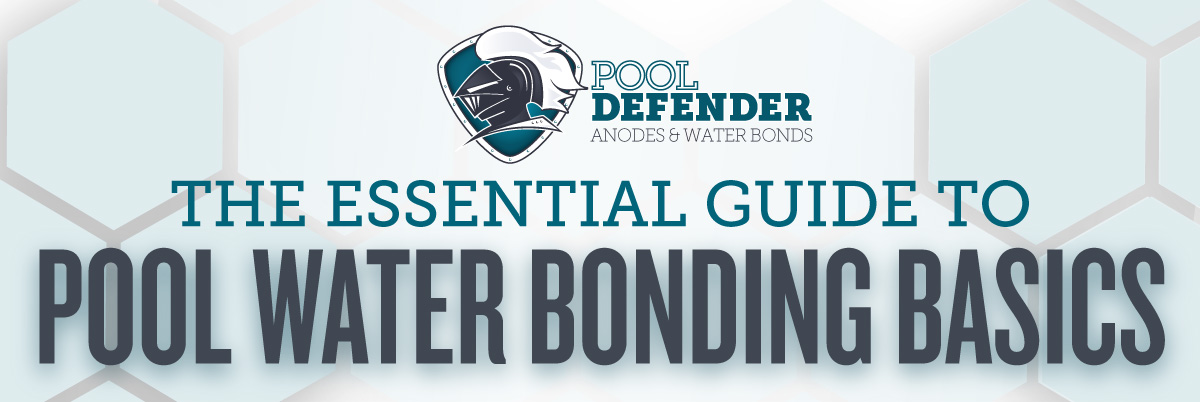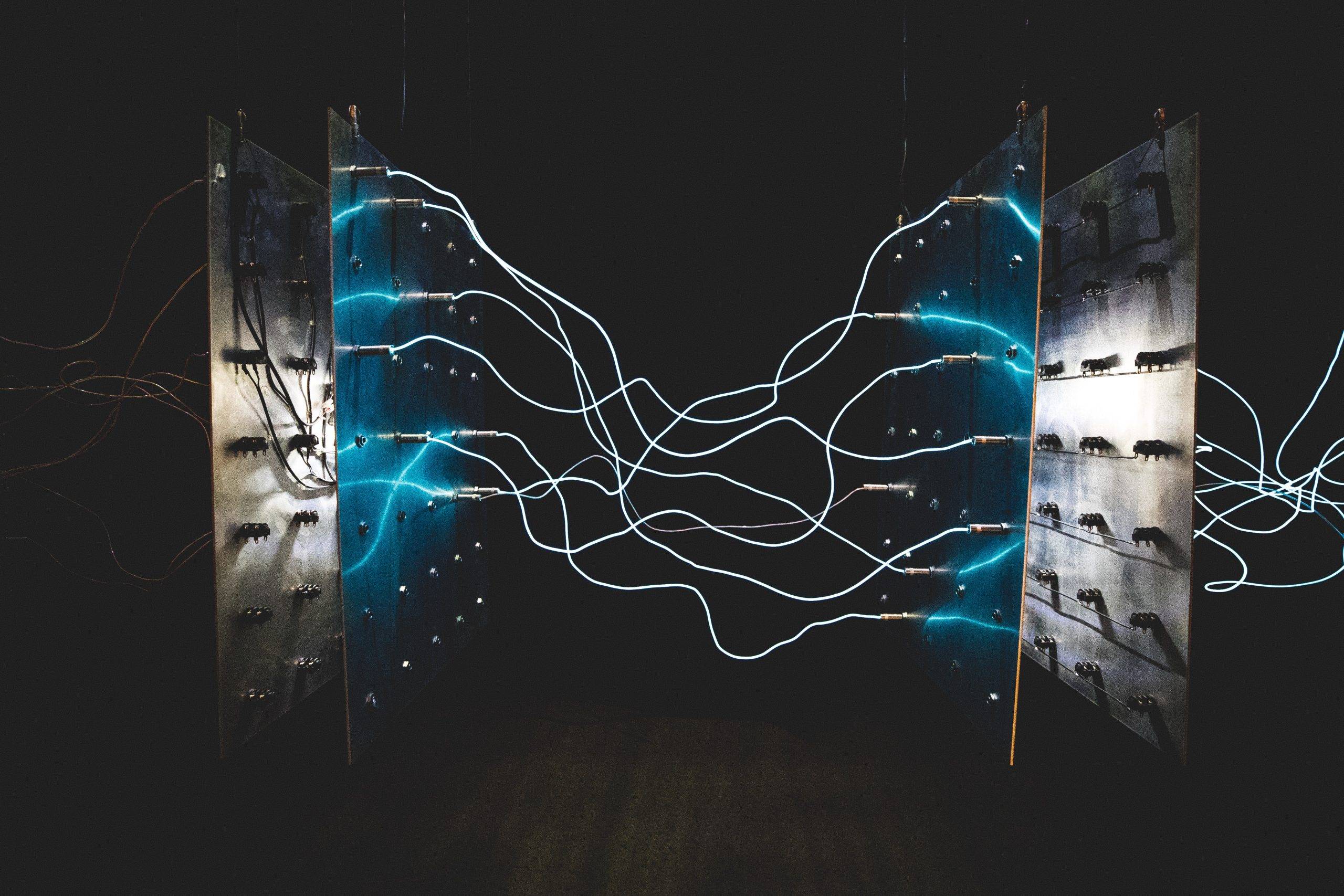Hello everyone,
I’m in the process of planning to install an vinyl inground polymer pool.
In reference to bonding I know that anything metal within 5’ of the pools edge and all pumps, anode and the heater must be bonded with #8 wire. Does the bond wire start and end at the pump? Does it matter where it starts and ends as long as it’s a loo
Also how do I ground the pool?
Thank you,
Joe
I’m in the process of planning to install an vinyl inground polymer pool.
In reference to bonding I know that anything metal within 5’ of the pools edge and all pumps, anode and the heater must be bonded with #8 wire. Does the bond wire start and end at the pump? Does it matter where it starts and ends as long as it’s a loo
Also how do I ground the pool?
Thank you,
Joe




